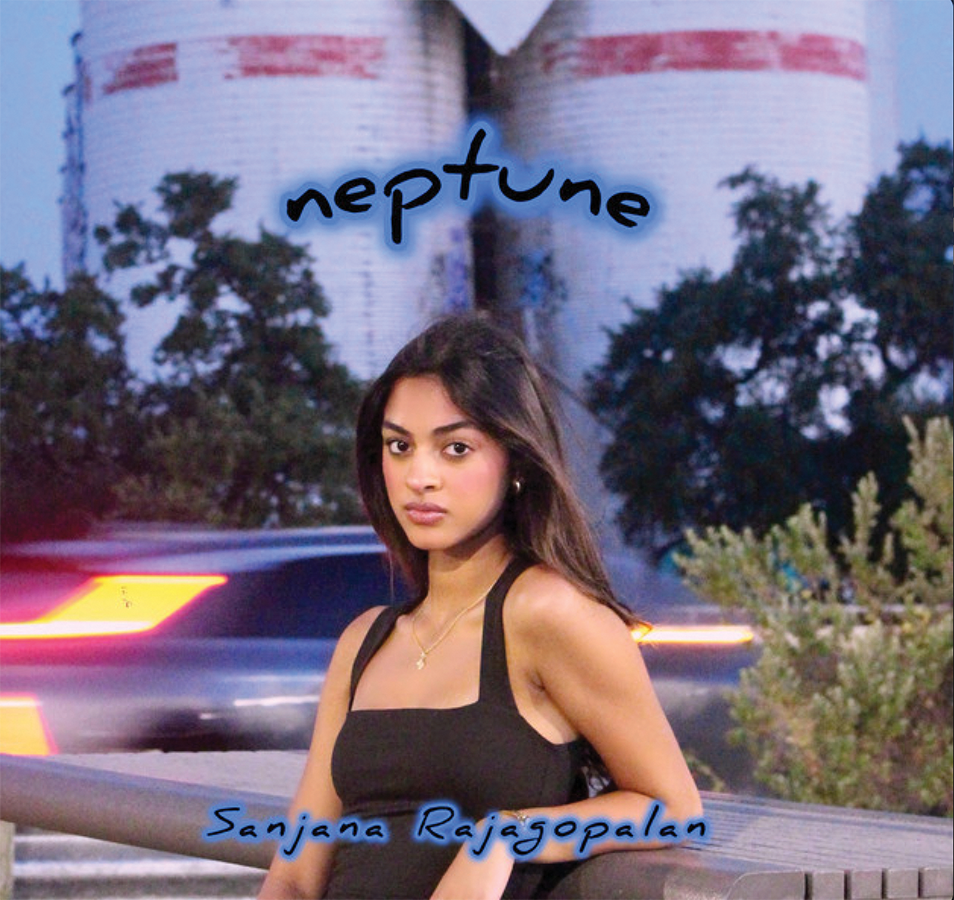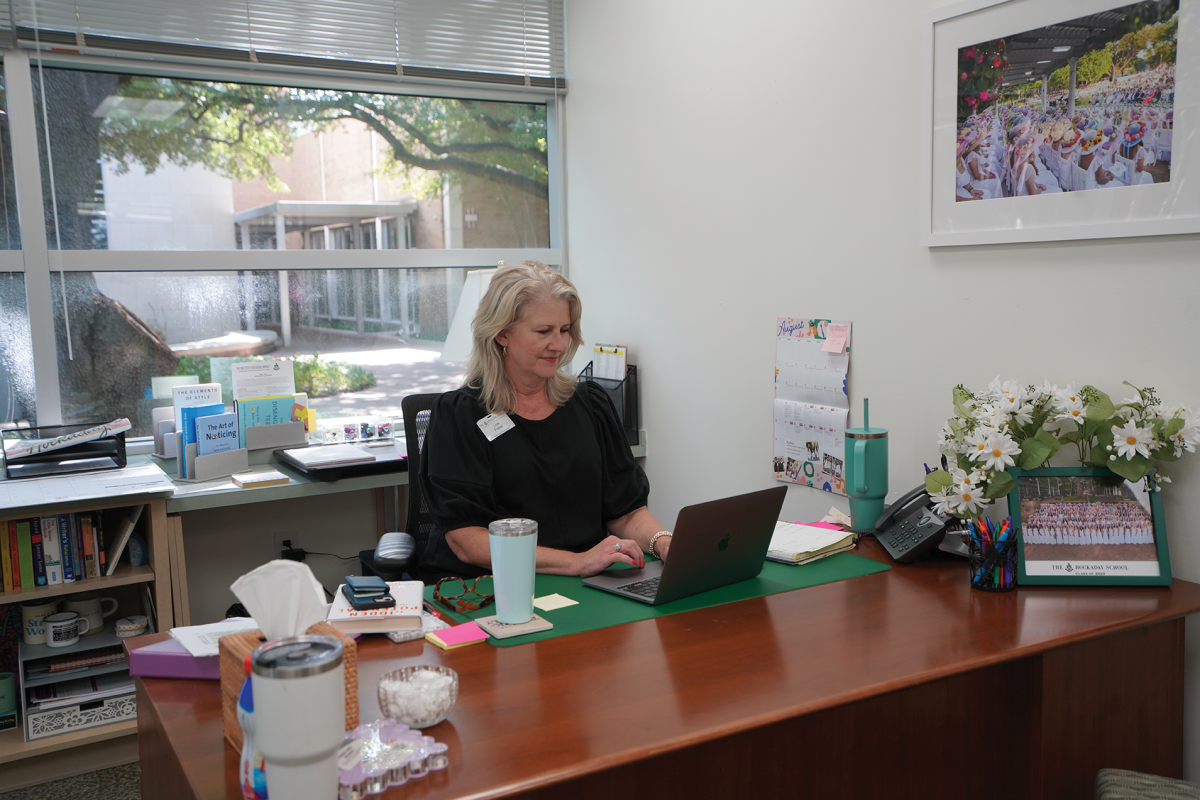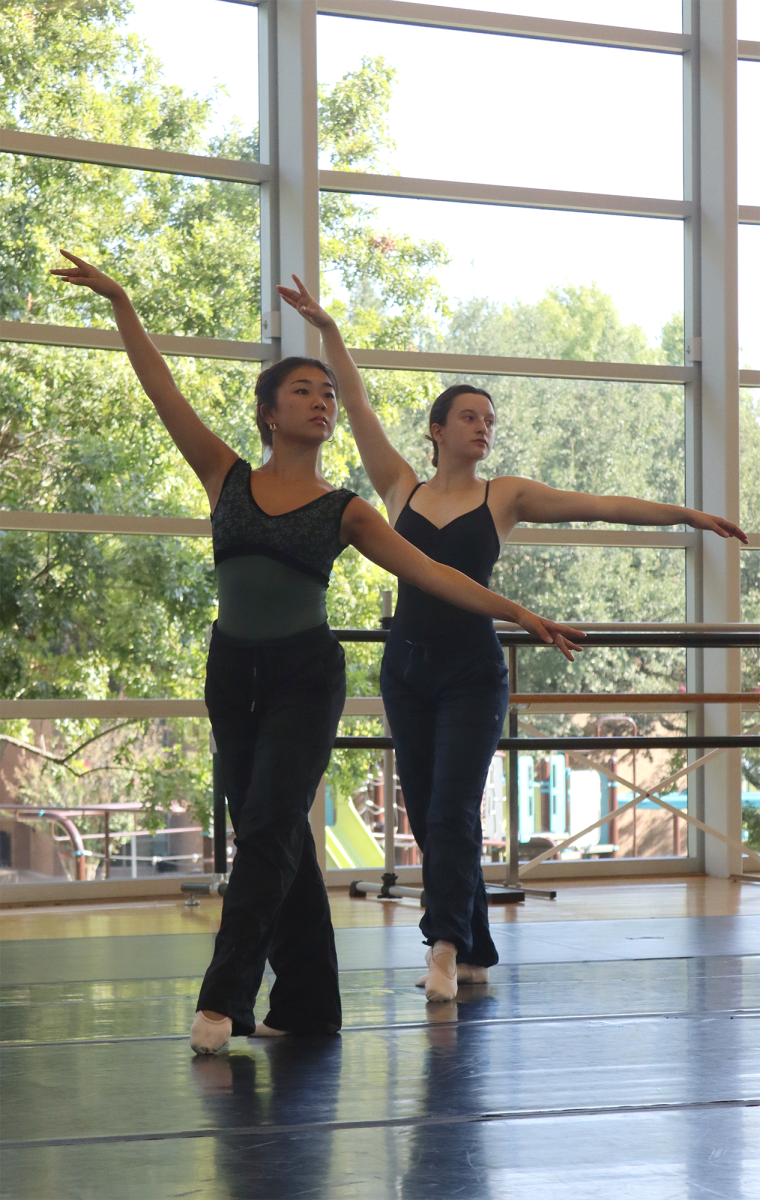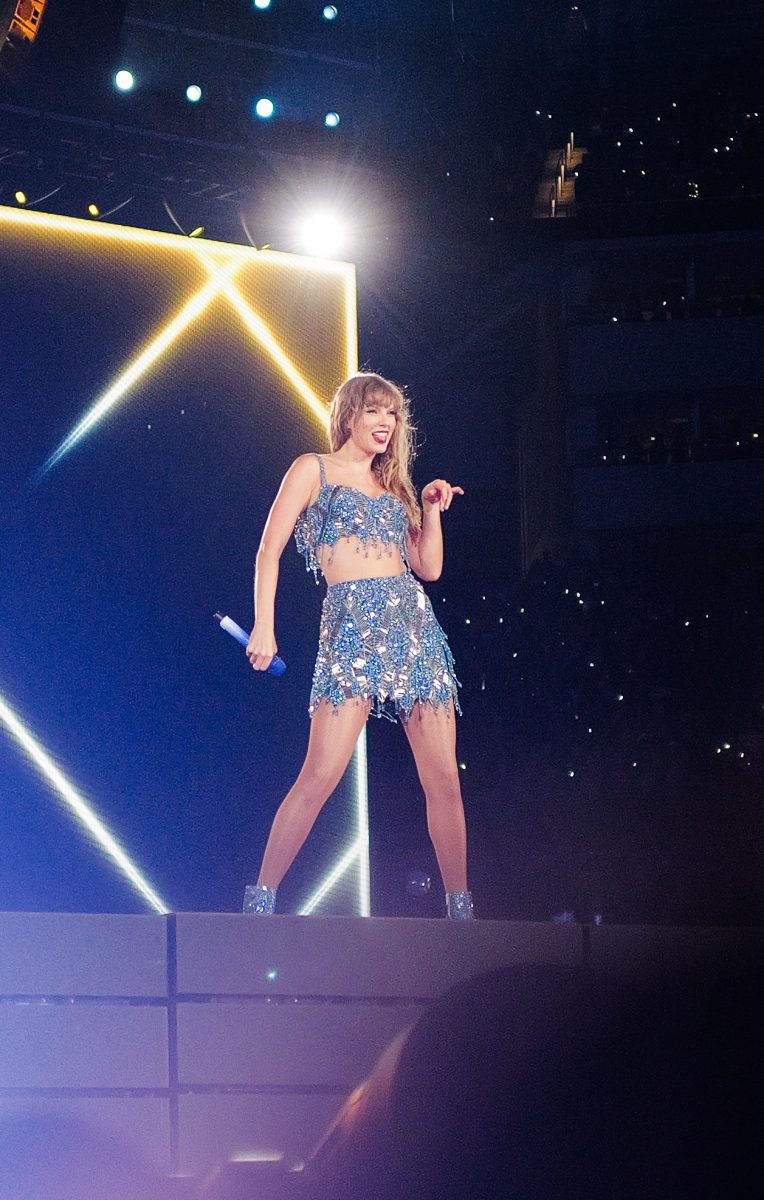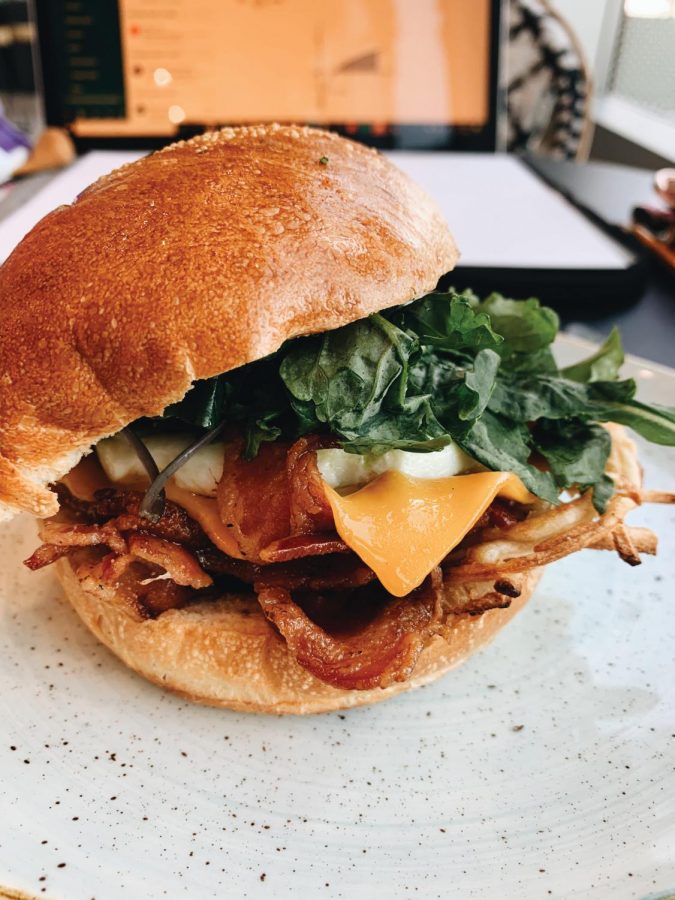Gone are the meat dresses, birdcage face masks and blood-spurting performances, icons of her explosive success in 2008.
Meet Stefani Joanne Angelina Germanotta, known professionally as Lady Gaga. Her fifth and newest album, “Joanne,” is a return to her roots as a performer, characterized by open mic nights and dive-bar performances in New York City. It’s a backward sort of revival after her critically unsuccessful 2013 album “Artpop.”
Not only is “Joanne” Gaga’s middle name, but it’s also the name of her parents’ Italian restaurant and the name of her paternal aunt, who died of lupus at 19. Appropriately, this album is Lady Gaga at her rawest and most vulnerable.
This vulnerability is especially evident in “Million Reasons,” track seven and an utter surprise. It displays Gaga’s stripped-down vocals, decorated only with clean harmonies and an acoustic guitar accompaniment. This simplicity gives the song its heart-rending mood—words not typically used to describe Gaga’s previously-recognizable flashy drawl.
It’s a risk, and it works. While Gaga dips her toe in the genre of country, a massive departure from previous electro-dance hits like “Bad Romance,” she exhibits her technical prowess and versatility as a singer.
“Million Reasons” is joined by fellow country-tinged ballads “Joanne” and “Angel Down” to embody the most memorable pieces of the album. Fittingly the titular song of the album, “Joanne” is dedicated to her aunt, whose death Gaga describes as causing a huge loss in her family. Thus, “Joanne” showcases a rare sweetness in Gaga’s voice. This hits you full-force with the potent, opening lyrics: “Take my hand, stay Joanne / Heaven’s not / Ready for you.”
However, country is not the only genre that Gaga explores in her new album.
In her opening number, “Diamond Heart,” Gaga adopts an indie, dive-bar attitude. With a low electric guitar strumming, Gaga exposes the flexibility of the timbre of her voice while blending dark, imposing tones with impressive high notes. Upon first impression, her voice is raspier than in previous albums. This is also heard in “Perfect Illusion,” Gaga’s catchy lead single, which employs a rock-style lead and an invigorating dance-pop key change.
But not all of Gaga’s dramatic genre ventures click. In “Dancin’ in Circles,” Gaga employs spoken chants in the chorus and bridge, and the reggae background music with prominent percussion is confusing. The melody is not memorable, and Gaga’s attempt to blend her signature deep voice with peppy exotic music falls short.
Another example of overextension comes with “Hey Girl,” a duet featuring Florence Welch, lead singer of indie band Florence + the Machine. The attempt to integrate a slow disco-funk feel is obvious, but the tempo drags.
While Gaga’s exploration of diverse genres shows her versatility, all of these styles blur when listening to the album. “Joanne’s” biggest flaw is that due to the lack of cohesion, many songs are forgettable.
That said, as an overall unique album, “Joanne” can be the revival that Gaga needs.
Lastly, “Joanne” serves as a testament to Gaga’s pure skill as a singer, the album’s greatest strength. In her one-take demo recording of “Angel Down,” which addresses the Trayvon Martin shooting, listeners hear her very best. From emotional nuances to rich low-register vibrato, Gaga proves she is still a giant in the music industry.
Elizabeth Guo – Copy Editor




